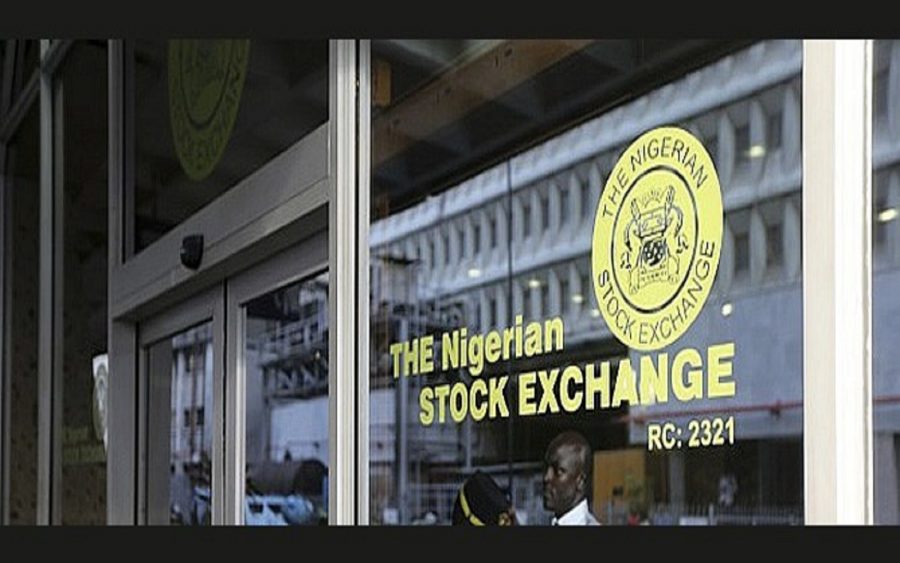A Commercial Paper (CP) is basically an instrument that a company issues to the public when it wants to borrow money. Commercial Papers are short-term lending instruments and typically have a tenor of not more than 270 days. Companies issue commercial papers when it needs money to fund its short term creditors or account payables (money owed to suppliers).
CP’s operate almost the same process as a public offer except that with a public offer the company is issuing shares and the buyer will be a shareholder. In contrast when a company issues a CP, the buyers of the CP become lenders while the company is the borrower. The company therefore pays interest and principal to every holder of the CP whom it owes money. Just like shares, the holder of a CP need not hold it till maturity. You can trade it at the over the counter market in exchange for your cash.
Commercial Papers are unsecured as the issuing company need not provide any form of collateral. The lender (buyer of the CP) will only have to rely on the guarantee and reputation of the company in deciding whether to buy the commercial paper or not.




















